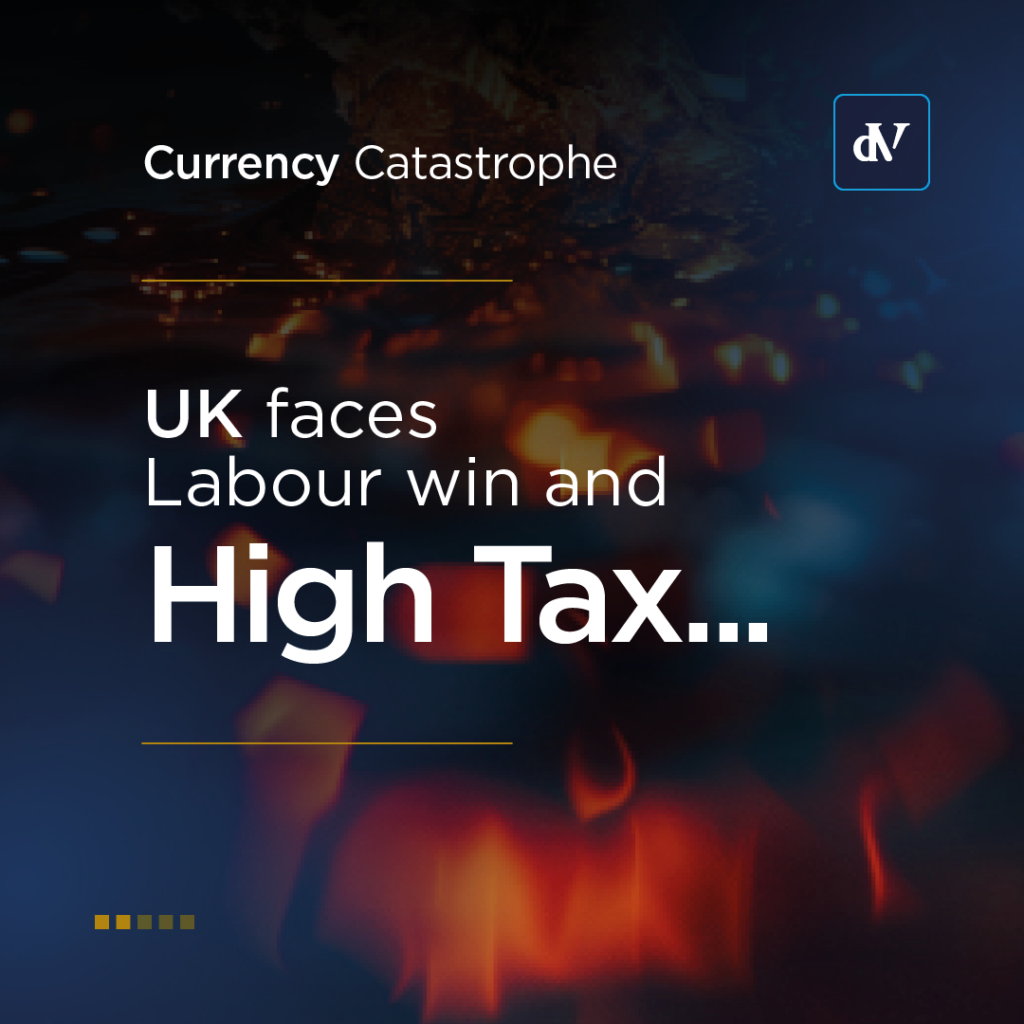The US Federal Reserve is likely to leave rates unchanged today. However, don’t expect too many concrete clues on shifts in the central bank’s policy stance in its post-meeting statement and in Fed Chair Jerome Powell’s remarks.
This is the warning from the CEO and Founder of one of the world’s largest independent financial advisory and asset management organisations ahead of the central bank concluding its first-rate meeting of 2024 on Wednesday, triggering questions about when the Fed might pivot and begin cutting rates.
deVere Group’s chief executive Nigel Green says: “We fully expect that the Fed will hold rates steady.
“Wall Street and markets around the world will, of course, be looking for clues on shifts in the central bank’s policy stance in Chair Powell’s remarks after the meeting.
“However, investors should not expect too many hints. We expect he will remain cautious on the future of potential rate cuts and want to see more evidence that the battle against inflation is won.
“He’ll want to avoid cutting them prematurely and face the threat of inflation rising again.
“He will almost certainly push back against those market expectations of five cuts this year.”
The Federal Reserve has spent almost two years hauling up interest rates to cool multi-decade high inflation – and it appears to be working with steadily cooling price increases.
But, says Nigel Green, there are two factors that will now be playing on the officials’ minds.
“First, consumer spending continues to be surprisingly robust, and second, heightening tensions in the Middle East, especially on the critical Red Sea global shipping route, could potentially trigger a second wave of inflation in 2024.”
Two weeks ago, he noted disruptions to the supply chain typically lead to increased costs for transportation, production, and distribution, which may ultimately be passed on to consumers.
“If these disruptions persist, they could potentially trigger a second wave of inflation this year, which could pose challenges for central banks and policymakers globally.”
Prolonged Red Sea attacks are likely to disrupt the supply chain by delaying the transportation of goods, leading to shortages. “As demand outpaces supply, prices may rise, contributing to inflation. Industries heavily reliant on just-in-time inventory systems may be particularly vulnerable to such disruptions,” notes Nigel Green.
In addition, the uncertainty surrounding global trade can contribute to increased commodity prices, such as oil. “Higher energy costs can cascade through the supply chain, affecting various industries and adding inflationary pressures. This scenario may echo the oil shocks of the past, leading to broader economic consequences.”
The recent crisis in the Red Sea also highlights geopolitical tensions, which can further exacerbate inflationary concerns. Investors often seek safe-haven assets like gold and bonds during periods of geopolitical uncertainty, impacting their prices. This shift in investor behaviour could have indirect effects on inflation dynamics.
The deVere CEO concludes: “We expect the Fed will hold rates steady.
“Chair Jerome Powell will flag the progress being made on inflation but will remain cautious on the timing of any rate cuts. He’s not going to rush.”



